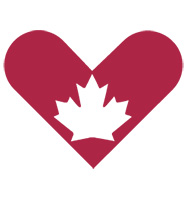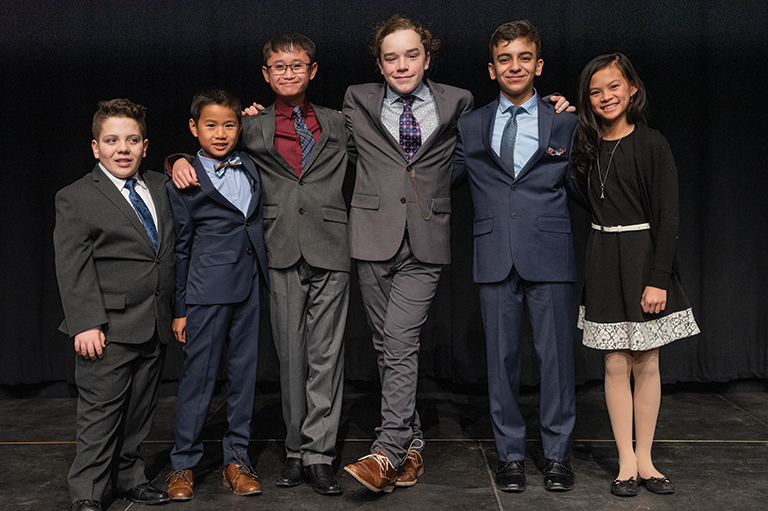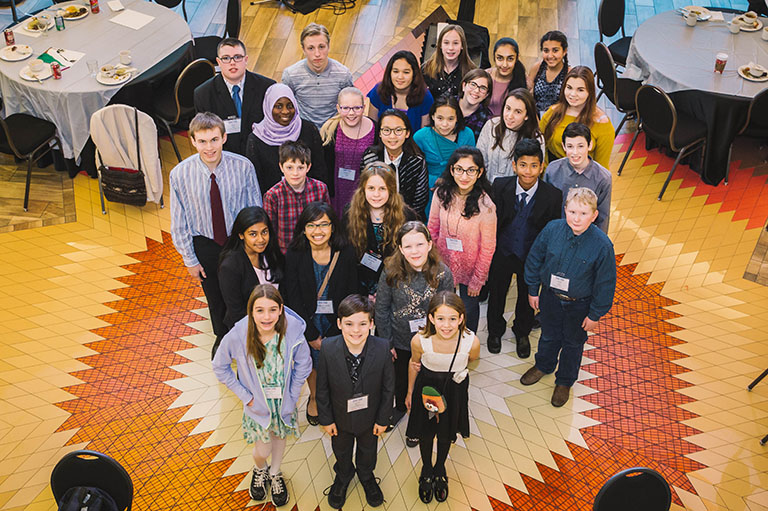Rules
Eligibility
- In order to be considered eligible as a Young Citizen, students must first participate in a local or regional heritage fair or have completed another Canadian history research project. They will need to be aged 10 to 18, as of July 2024. Students who are home-schooled are eligible.
- Number of participants: For the 2024 edition, regional and provincial coordinators can recruit as many students as they wish to participate in the program. A Young Citizen must stand out for their public speaking skills and leadership.
- IMPORTANT — Team or partner videos will not be considered for the Young Citizens program. The video must have been produced by one candidate.
- Permissions and Media Releases: A parent or guardian must sign the Student Permission and Media Release form in order for the student to be eligible to participate.
- Canada’s History encourages the participation of from minority groups such as francophones living outside of Quebec, anglophones living within Quebec, Inuit, First Nations and Métis, and others reflecting the diversity of Canada.
- Candidate — To participate in the Young Citizens program, students must:
- be between 10 and 18 years old as of July 2024.
- present a project about a topic in Canadian history at a heritage fair or for any other research project.
- conduct in-depth research on their subject by integrating primary and secondary sources.
- create a 4-minute video with quality worthy of a national broadcast.
- have the qualities to be a good ambassador for their town, city or region.
- be enthusiastic and passionate about their research as well as their project and want to share it with the public.
- be able to express themselves well in their chosen language. Students are strongly encouraged to present the project in one or both of Canada’s official languages. Videos in other languages will be accepted if subtitled in English or French.
- submit a unique and polished video.
- have parental/guardian permission before submitting the video.
Producing the video
The video should be produced in accordance with the rules and criteria established by Canada’s History.
- Copyrighted Materials: When using music, sound effects, images or other similar material you must receive permissions from the rights holders and provide a copy of the permission with your submission. Any video discovered to be using copyrighted materials without permission will be immediately removed from the website and considered ineligible for this year’s competition. If a student requests permission but does not get a response this should not be taken as a sign of consent and the material should not appear in the video.
- Fees for Copyrighted Materials: Canada’s History will not reimburse students for fees paid to acquire copyright permissions. A student who pays for material in the making of their video will not have an advantage over other entries where all materials were copyright free.
- Duration: The length of the video must be between three and four minutes. Points will be deducted from the final mark if the video is too long or too short.
- Inappropriate Content: Offensive or defamatory content will render the video ineligible and will be removed from the site.
- Video Editing: While students are encouraged to ask for help in how to use the tools for video editing, they are expected to edit the video themselves. Relying on a third-party to edit their video will render the video ineligible and will be removed from the site.
- Uploading Video: To send us your video, you can use any existing file sharing program (Dropbox, Google Drive, WeTransfer, etc.). Copy and paste the link to the video into an email and send it to YoungCitizens@CanadasHistory.ca.
Choosing the winning videos
After each Young Citizen has submitted their video, a public vote will be held. From June 10 to July 2, you can invite your family and friends to watch your video and vote. There are buttons on your profile page that link to different social media platforms, so you can post links on Facebook, Twitter, etc. Make sure that several people around you vote for your video! The result of the vote will count in the final selection of the winners.
To vote for a video, people can click the “vote” button on a Young Citizen’s profile page. They will need to supply a valid email address to vote. Only one vote per email address is allowed during the duration of the voting period. The number of votes a video receives will not be displayed on the website.
We would also like you to comment on the videos produced by your fellow Young Citizens.
Voting will be open from June 10 to July 2, 2024.
A panel of judges will review the videos and the results of the vote and select four recipients based on the following criteria:
- Communication — Student presents their topic clearly and confidently
- Research / Historical Thinking — Student presents thorough research on their topic and demonstrates the use of historical and critical thinking skills
- Production — Video is well-produced and edited
- Creativity — The video has creative elements that make it engaging for the audience
- Timing — The video length is between 3-4 minutes
- Vote — The results of the popular vote will make up part of the student’s score
Prize description
Judges will select four winners, who will each receive a $500 RESP.
Canada’s History will contact the winners during the fall of 2024 and they will have 5 days to accept or reject the prize. If a winner declines their prize, there will be no compensation or other prize awarded.

The Young Citizens program focuses on citizenship and is a complementary component to Heritage Fairs, an annual event where students present the results of their research on Canadian heroes, legends and key events in Canadian history.
With appreciation for the support of the Young Citizens program.
Bruce MacLellan and Karen Girling
Canada Life
Government of Canada
Young Citizens 2024
Here’s what you need to know about Young Citizens...



